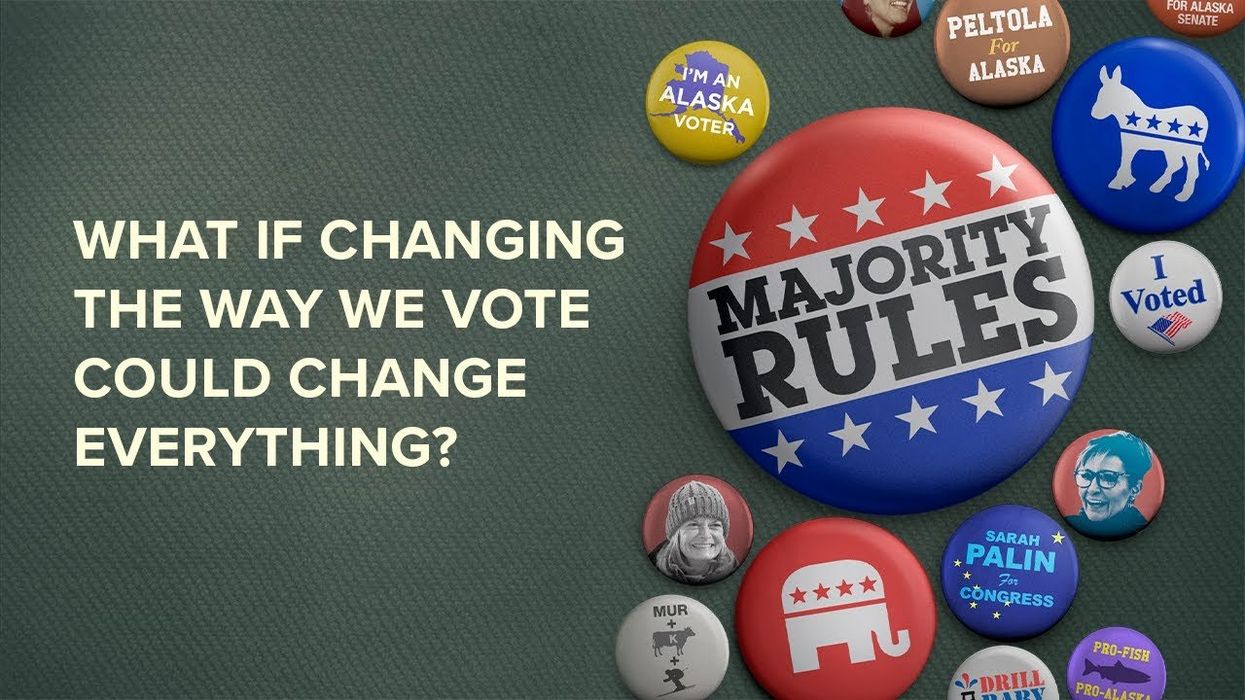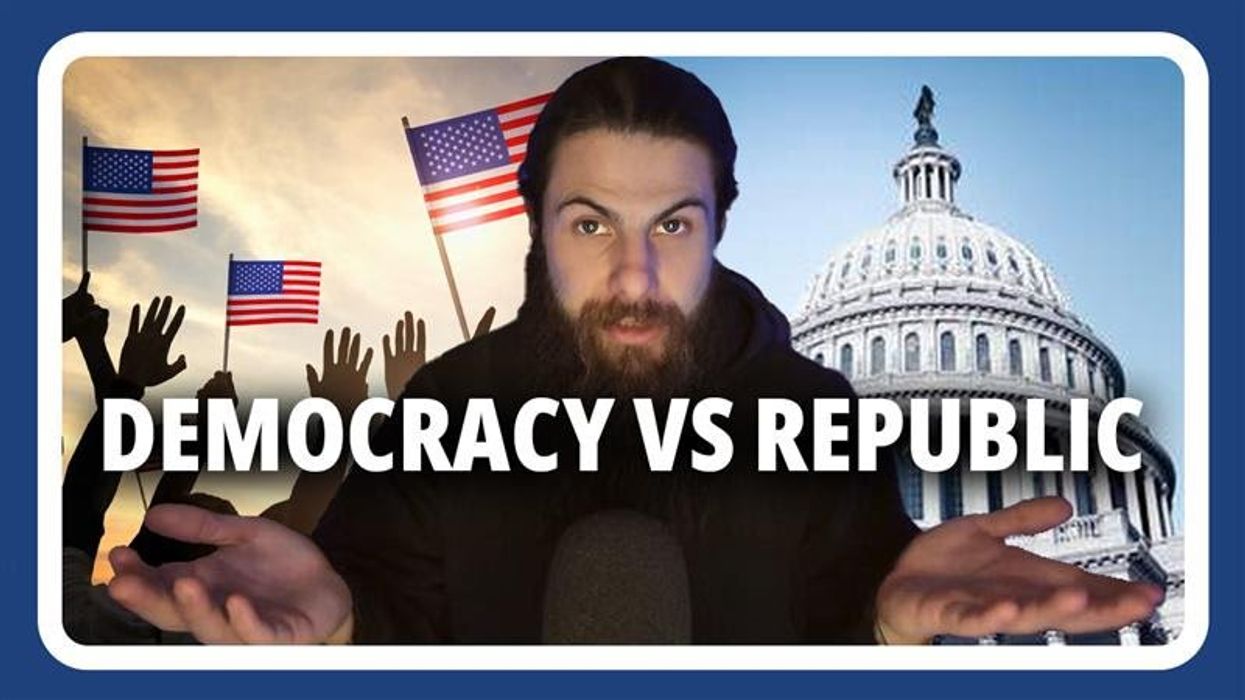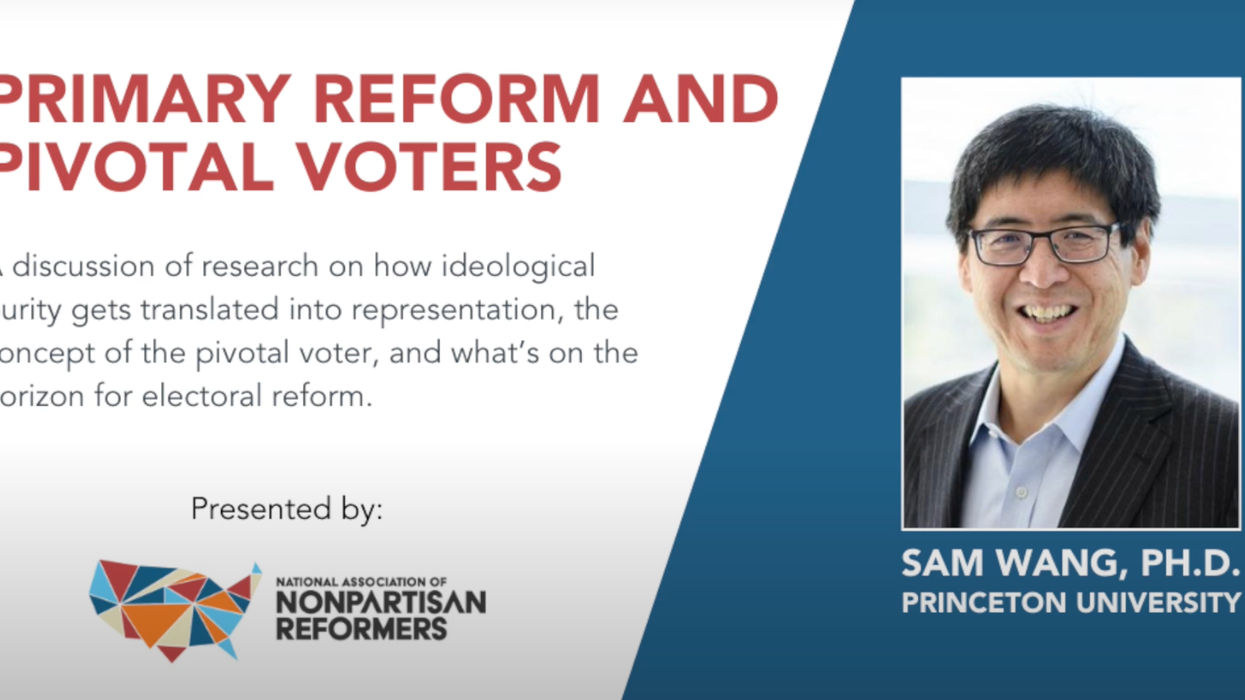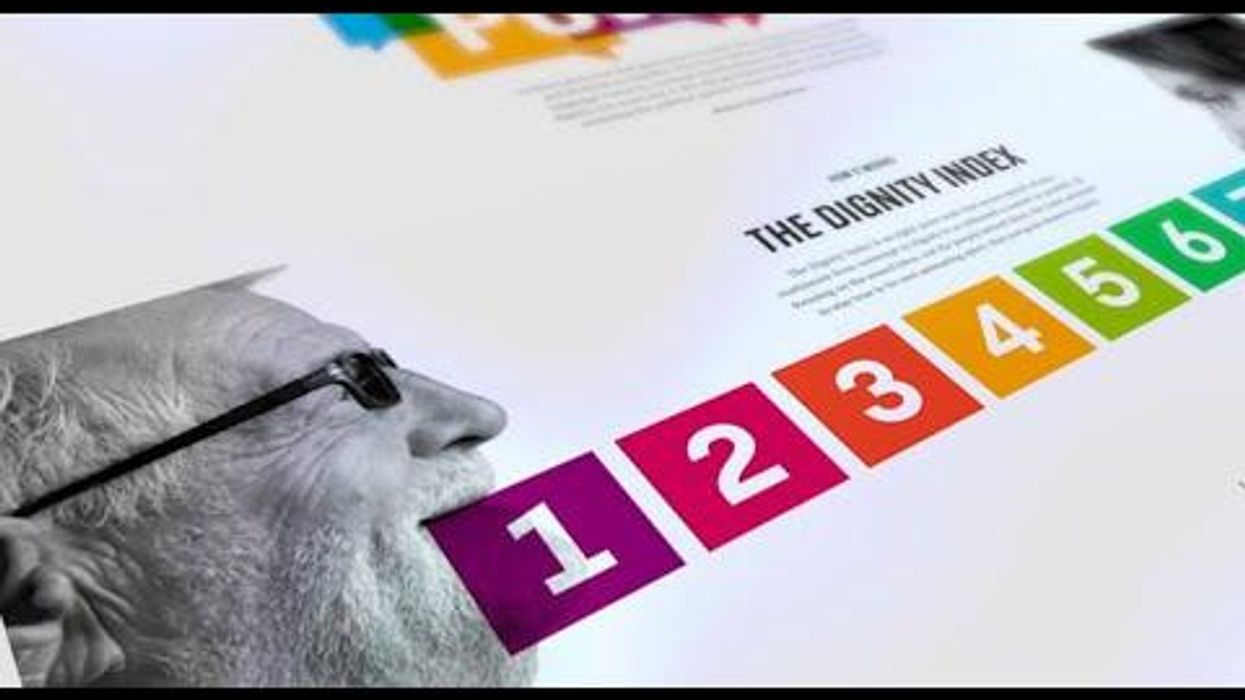David Nevins is co-publisher of The Fulcrum and co-founder and board chairman of the Bridge Alliance Education Fund.
American lawyer and lyricist behind “Daughters and Sons”, Hal Pollock, has launched a new website dedicated to the children and their protectors killed in attacks on American schools.
The song “Daughters and Sons” was written on the evening of the Columbine High School shooting in 1999. It was one of the first major mass shootings of students at an American school, and a harbinger of what was to come in the following millennium.
Music is a powerful medium. And it gives us the opportunity to stop and reflect about issues that matter to us, the very reason why Pollock sat down the night of Columbine and penned the words to “Daughters and Sons.” The song was recorded by Sonny Geraci, well known lead singer of the Outsiders ( Time Won’t Let Me) and the hit song “ Precious and Few ”. Tom Mauser, father of Columbine victim Daniel Mauser, recorded the introduction included in the song.
The slaying of children in schools is America’s disgrace. The powerful gun lobby and some “stuck in their ways” congressional members make sure nothing will change. We are the only nation in the world plagued by this problem so acutely. It is escalating, not diminishing. Every day, 23 children and teens (between the ages of 1-17) are shot in the United States.
It is Pollock's hope that his song can make a difference.
As you listen to “Daughters and Sons,” Tom Mauser’s touching and moving words still ring true today, almost 25 years after the tragedy of the Columbine school massacre.




















Trump & Hegseth gave Mark Kelly a huge 2028 gift